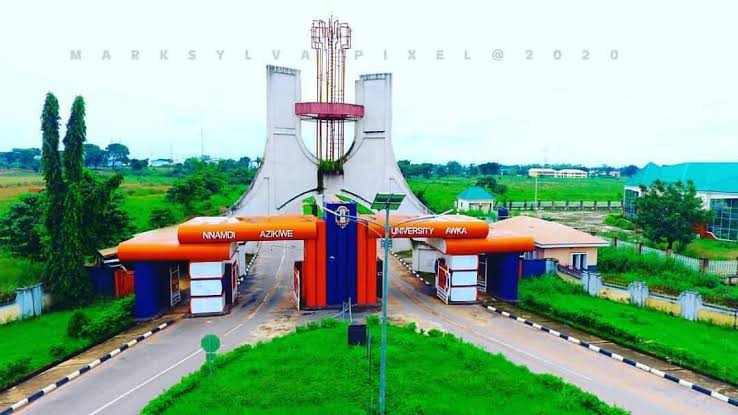Google has announced a major expansion of its translation platform, Google Translate. The tech giant is introducing a staggering 110 new languages to its already impressive repertoire.
This groundbreaking update is part of Google’s ambitious 1,000 Languages Initiative, which aims to support the most spoken languages worldwide using advanced AI models. By incorporating these additional languages, Google is taking a remarkable stride towards dismantling language barriers and empowering individuals from all corners of the globe.
Of particular significance is the inclusion of eight languages from various regions in Africa. These languages, including Hausa, Igbo, Yoruba, Fulani, Kanuri, and Tiv, join the ranks of Nigerian languages already supported by Google Translate. This move underlines Google’s commitment to amplifying voices from the continent and supporting underrepresented languages.
Taiwo Kola-Ogunlade, the Communications and Public Affairs Manager for West Africa at Google, emphasizes the mission to enable individuals to understand the world and express themselves in different languages. With the addition of these 110 new languages, Google is opening up new opportunities for over half a billion people to connect and communicate effectively.
The meticulous process of language selection involved careful consideration of factors such as which languages to include and specific spellings. Google prioritizes learning and incorporating the most commonly used dialects within each region, recognizing that many languages lack a single, standardized form. This approach ensures that the translation service is tailored to the needs and preferences of its users.
To achieve this impressive expansion, Google utilized the PaLM 2 large language model, building upon the addition of 24 languages in 2022 through Zero-Shot Machine Translation. This advanced technology enables Google Translate to efficiently learn languages that are closely related or possess distinct dialects. Extensive collaboration with native speakers was undertaken to ensure accuracy and prioritize the most widely spoken varieties of each language.
The 110 new languages incorporated into Google Translate represent a staggering 614 million speakers globally, encompassing approximately eight percent of the world’s population. This diverse range includes major world languages with over 100 million speakers, as well as languages spoken by small Indigenous communities and languages currently undergoing revitalization efforts.
With this groundbreaking expansion, Google is revolutionizing language accessibility and empowering individuals worldwide to connect, communicate, and bridge cultural divides like never before. The addition of these 110 new languages represents a significant leap forward in breaking down language barriers and fostering understanding among diverse cultures.











